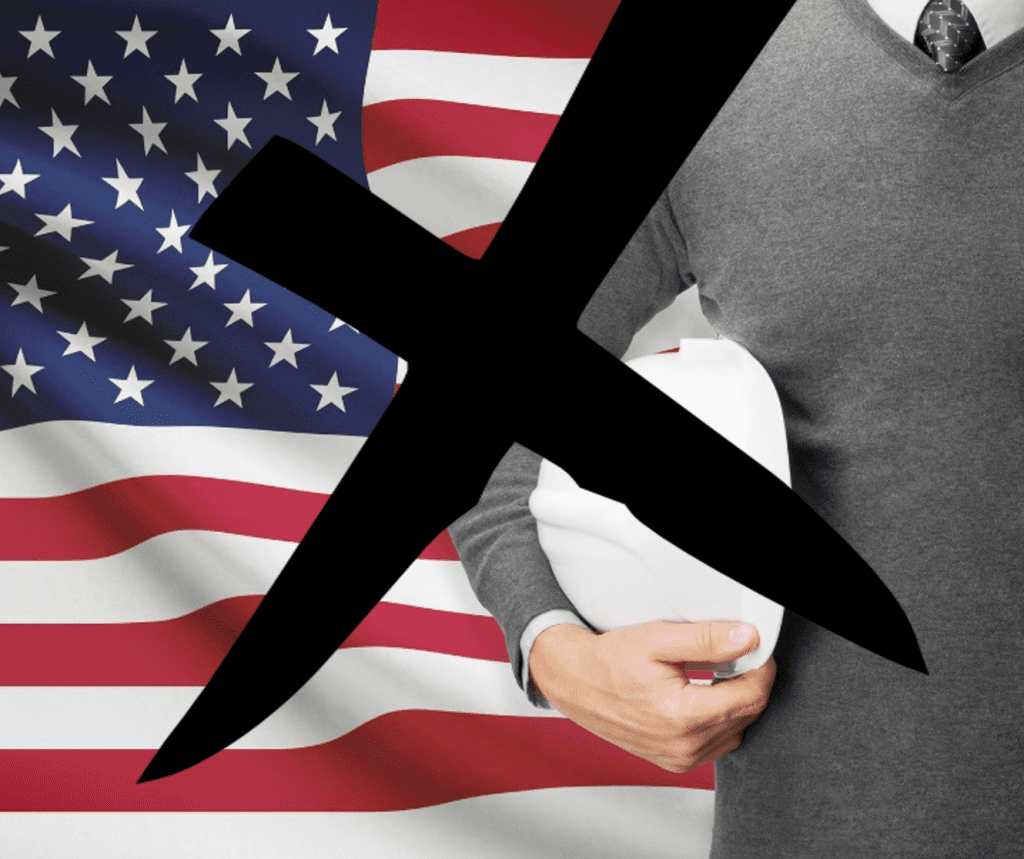You Can’t Handle the Truth! … in Consumer Contract, Warranty and Notice Act
As Halloween has people thinking of ghosts and ghouls, creative plaintiffs’ attorneys have turned an arcane New Jersey law into a true source of fright for virtually anybody who offers services that are even potentially available within the Garden State. The law at issue is the New Jersey Truth in Consumer Contract, Warranty, and Notice…
Read MoreThe Blacklisting Rules Are Coming: What Federal Contractors Need to Know
The Federal Acquisition Regulation final rule implementing the “Fair Play and Safe Workplaces” Executive Order 13673 was issued on August 25, 2016, and the rule goes into effect on October 25, 2016. This new regulation presents a significant change – and potential challenge – for major government contractors. President Obama signed Executive Order 13673, often…
Read MoreWhat the Payday Proposal Would Do
The Consumer Financial Protection Bureau (CFPB) has proposed a new rule to regulate payday lending and auto-title loan companies. Right now, it is merely a proposal, meant to undergo the notice and comment period until September 14, 2016. But if the rule goes into effect, it would be a significant imposition on the lending business.…
Read MoreCFPB Scare Tactics: The New Arbitration Rules
Recently, I wrote about the CFPB’s plans to issue new regulations restricting arbitration clauses in certain consumer contracts. Today, the agency announced those new rules and CFPB Director Richard Cordray is expected to discuss them at the agency’s field hearing in Albuquerque, New Mexico. As expected, the new rules eliminate the use of class action…
Read MoreJudge Flunks Case Against LabMD, FTC Appeals
In March 2015, I wrote about the ongoing dispute between the FTC and LabMD, an Atlanta-based cancer screening laboratory, and looked at whether the FTC has the authority to take enforcement action over data-security practices alleged to be insufficient and therefore “unfair” under section 5(n) of the Federal Trade Commission Act (“FTCA”). On November 13,…
Read MoreWells Fargo Learns That Recording Calls In California Can Be Costly
In the past few years, many organizations such as Capital One, Bass Pro Outdoor, and the Cosmopolitan Hotel have faced class actions alleging violations of California’s call recording law. This week, California’s Attorney General demonstrated that her office, working with state prosecutors, will also vigorously enforce the law under the state’s criminal statutes. Attorney General…
Read MoreArbitration Under Fire: Brace Your Company for Less Contract Freedom and More Class Actions
Since the Federal Arbitration Act (FAA) of 1925, the United States has had a policy preference for arbitration, even when an arbitration provision includes language barring class action litigation. We saw this most recently in December 2015 when the Supreme Court reversed a decision by a California Court of Appeal to invalidate a class-arbitration waiver…
Read MoreTo Refer, Or Not To Refer? OIG’s Outdated Health Care Referral Restrictions
The Office of the Inspector General, which enforces Health and Human Services, has long been averse to referral services that don’t meet certain criteria. To get protection against a possible enforcement action, the referral service can’t exclude anyone from participating in the service, and payments for referrals have to be reasonable and cannot be tied…
Read MoreGood Lord, & Taylor! Of Course You Need to Disclose Native Ads
On March 15, 2016, national retailer Lord & Taylor agreed to settle FTC charges that it “deceived consumers by paying for native advertisements.” The settlement is the first of its kind following the December 2015 guidance memorandum, Native Advertising: A Guide for Businesses, issued by the FTC. Under the terms of the settlement, Lord &…
Read MoreLatest German Sausage? Privacy-Wurst by Facebook
Despite not being explicitly mentioned in the Constitution, the Supreme Court has firmly held that a right to privacy for all Americans is found in several amendments to the Constitution, with almost 100 years of case law providing precedent for many personal privacy rights that have become a cornerstone of American culture. However, in this…
Read More











